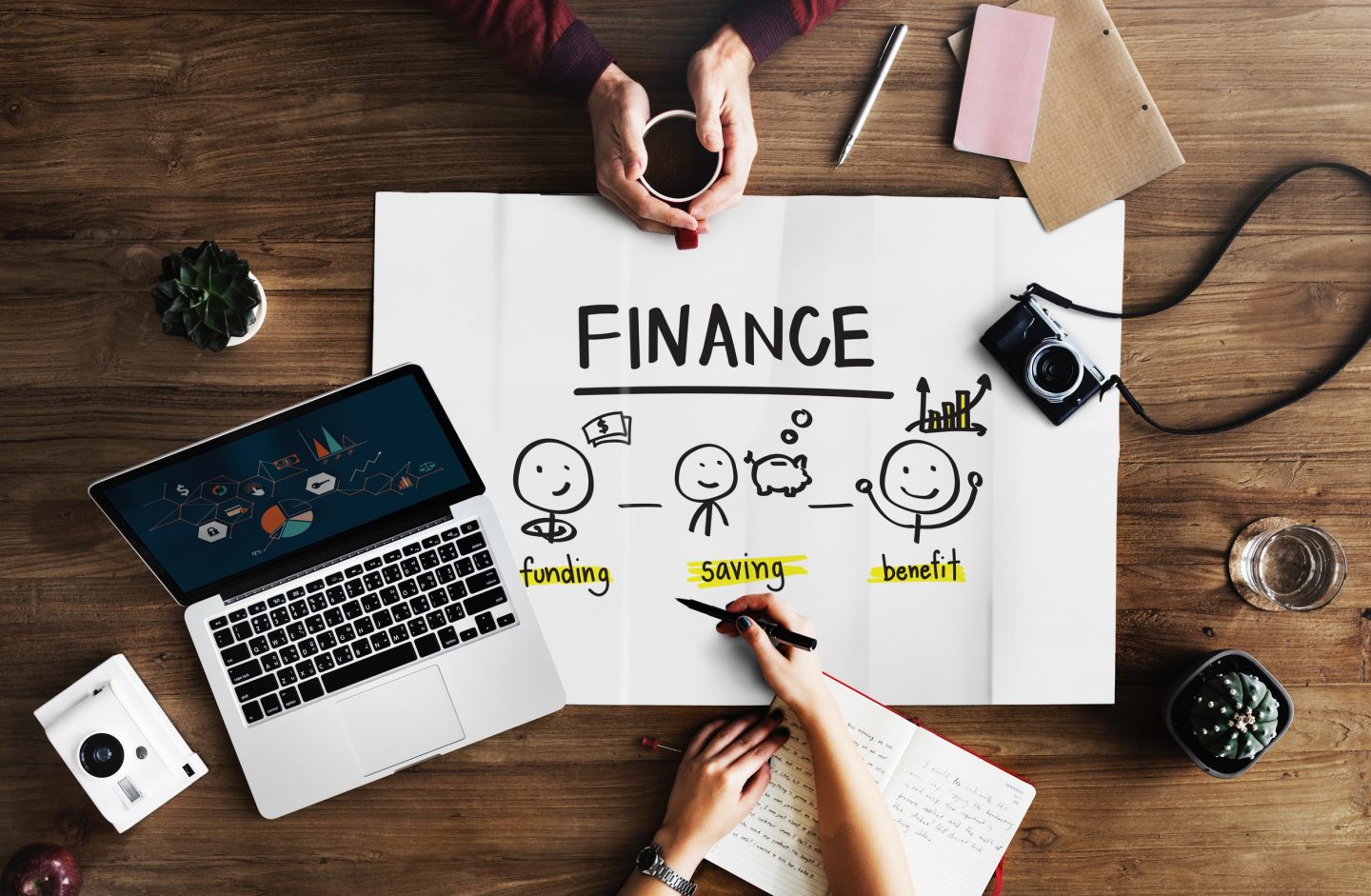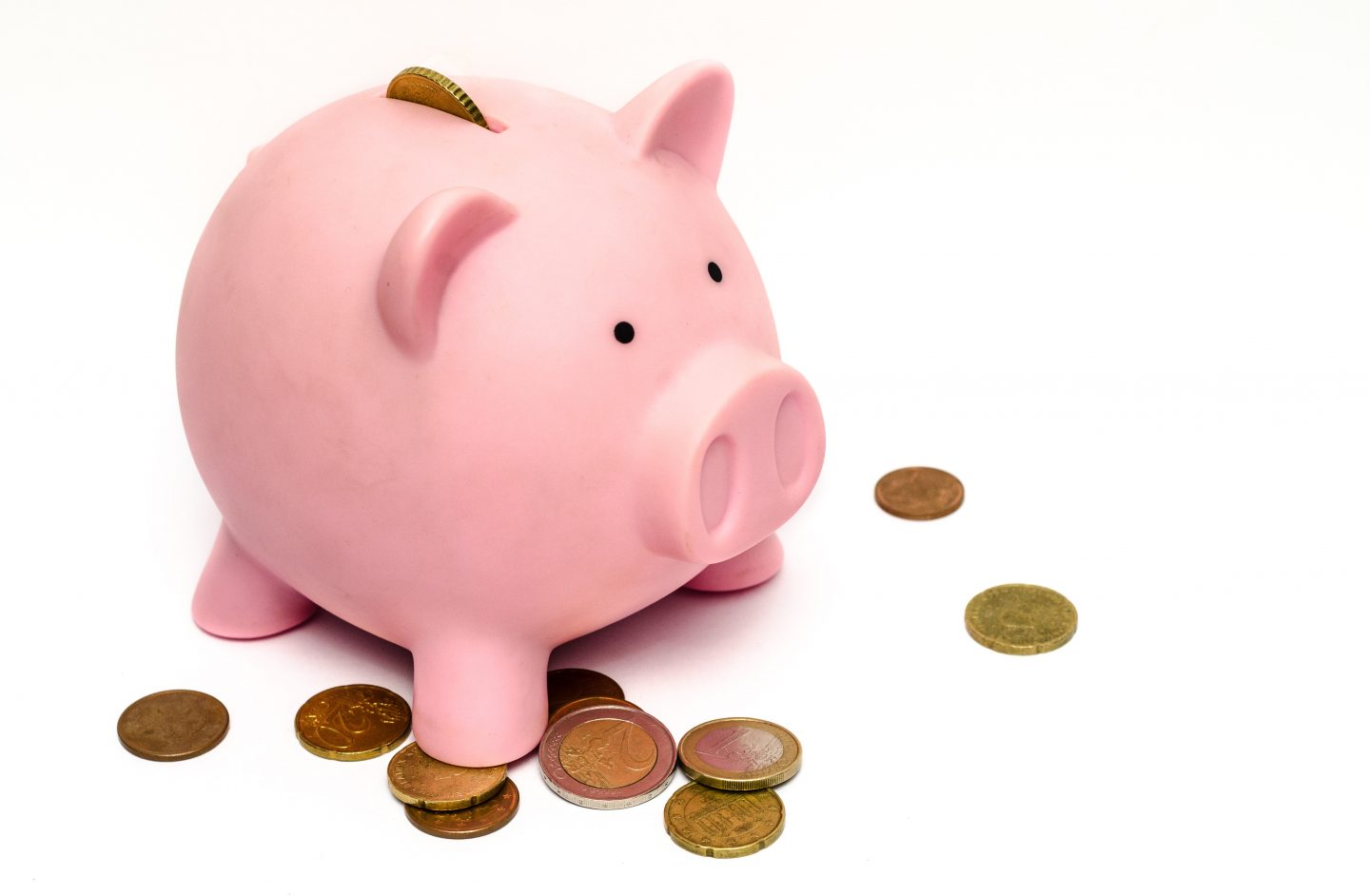I’ve a medium-sized update to share with you all. Last month, I put an offer on a place. And it’s been accepted! The last few weeks have been a flurry of visits, surveys and solicitors. Here’s what I’ve learned along the way.

Actually, before I start to sound too grown-up, let’s rewind.
I had no idea what I was doing, or what to expect, throughout this whole process. But there’s now so much new information flying around my head, I needed to write it all down. After a quick poll on Instagram, you guys told me this is something you’d want to read – so here we are!
I can’t tell you how to buy a house or say exactly what will happen – it’s different for everyone. But I can tell about you what I did, which might give you a better idea of what to expect.
So, here’s part one. What to do before you buy a house.
What do you need?
Before you start looking at properties or talking to banks, there are a few things you need sorted. From my experience, these are:
- A decent amount in your savings (more on this later).
- Your paperwork in good order (do you know where your latest payslips are? Can you access bank statements? What about your last P60?)
- A healthy credit score (check apps like ClearScore, Experian or Credit Monitor – they’ll give you pointers on how to improve).
Let’s break this down.
How did I save?
Saving is hard, it really is. Especially when you’re fond of new clothes, delicious food and don’t want to give up yearly holidays.
Here’s my saving story (it’s not my most exciting tale, I’ll level with you).

I’ve been living at home since university. It’s helped me save much quicker than if I’d been renting my own flat. Obviously, not everyone has that option and I recognise I’m really lucky in that respect.
But I’ve been living in a tiny box room since I was 21 so, like, don’t feel too envious.
As with everything in life, there are pros and cons to whatever path you choose. I’ve not been as independent and free as other people my age. There are experiences I’ve undoubtedly missed out on. But that’s the pay-off for getting on the property ladder sooner. And there’s no right or wrong way to do it.
(So, no shame if you’re living at home in your twenties, and no shame if saving is taking ages because you’ve been renting since you were 18.)
I’ve been putting a solid chunk of my paycheque into a savings account since 2015. Usually somewhere between 25%-50%. I wish I’d spent some time scoping out a high interest savings account – I’d have earned so much more by now! I was lazy and just opened one with the same bank as my current account. Learn from my mistake, guys.
How much should you save?
There’s no magic number.
But this is is what you’ll end up paying out:
- a 10% deposit for your property (f it costs £150,000, you’ll need a £15,000 deposit)
- £2–5K extra for solicitors fees, brokers fees and a survey
- whatever you might need for furniture or ‘fixing up’ funds.
You might be wondering: ‘how much should I save for the 10% deposit when I don’t even know what I can afford yet?’
Good point.
Your first step? Guesstimate how much a lender might give you.
You can do this with an online mortgage calculator. But I have a word of warning: most online calculators will give you a super small, soul-destroying estimate.
This utterly panicked me last year, as a few predicted I’d only be given about £120,000. Here in Bournemouth, that’ll get you a small cardboard box in the rough area of town. But fear not pals, that’s not the case. This Nationwide mortgage calculator is more accurate (in my opinion).
Once you’re ready to see a mortgage advisor (that’ll be in part two of the series) they’ll search for the very best deals for you. It will be better than the mortgage calculators, I promise.
How much did I save?
I think I’d hit £21,000 before I went ‘yep, it’s time for the next step’. I knew I had enough for a 10% deposit (I figured my absolute maximum property budget was £170,000), with some left over for legal fees and surveys.
I knew it’d take a few months (or even a year) before I’d end up moving, so that would leave me time to save a little more for furniture etc.
What’s next?
So, say you’ve hit your savings goals. And you’ve got your paperwork ready. And your credit score is in good health.
You’re ready to find yourself a mortgage advisor.
And that part of the journey will be on part two!
